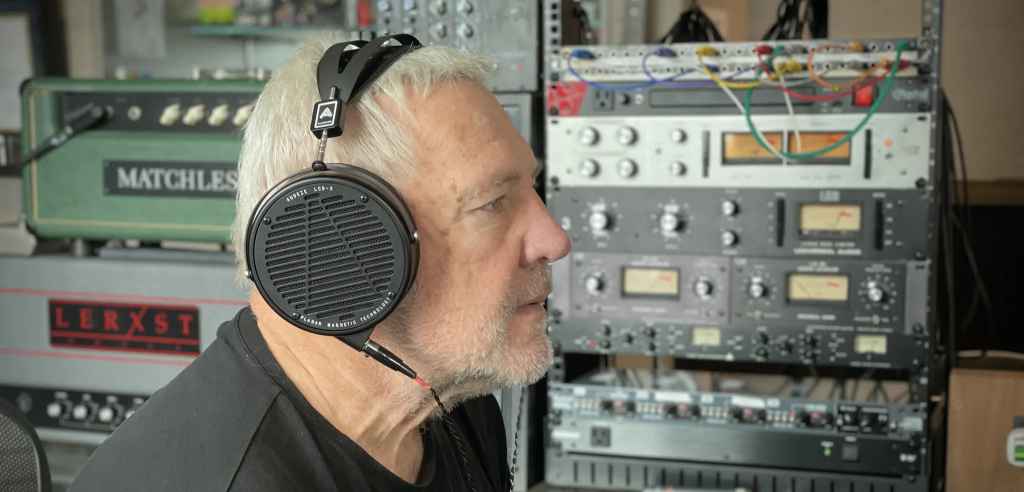
Alex Lifeson is a Canadian musician, best known as the guitarist of the Canadian rock band Rush.
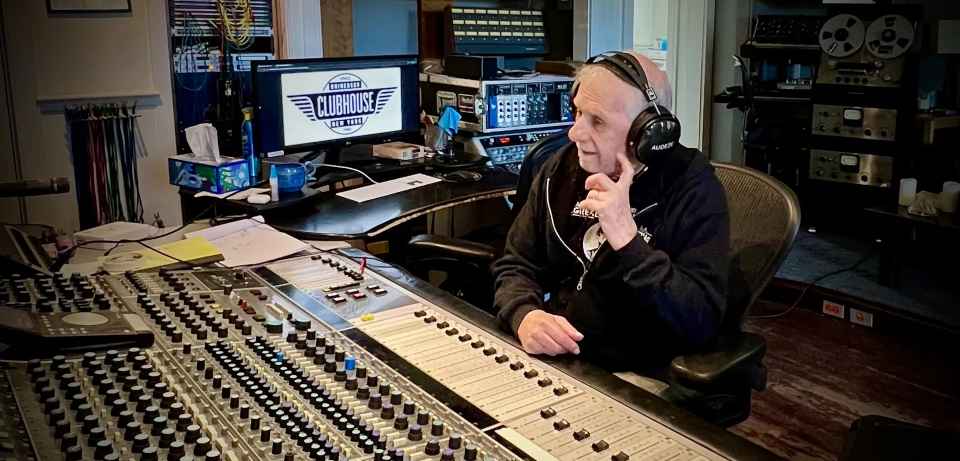
Elliot Scheiner is an engineer and producer. He started working for Phil Ramone at his A&R studios which at that time was considered one of the best studios in the country.
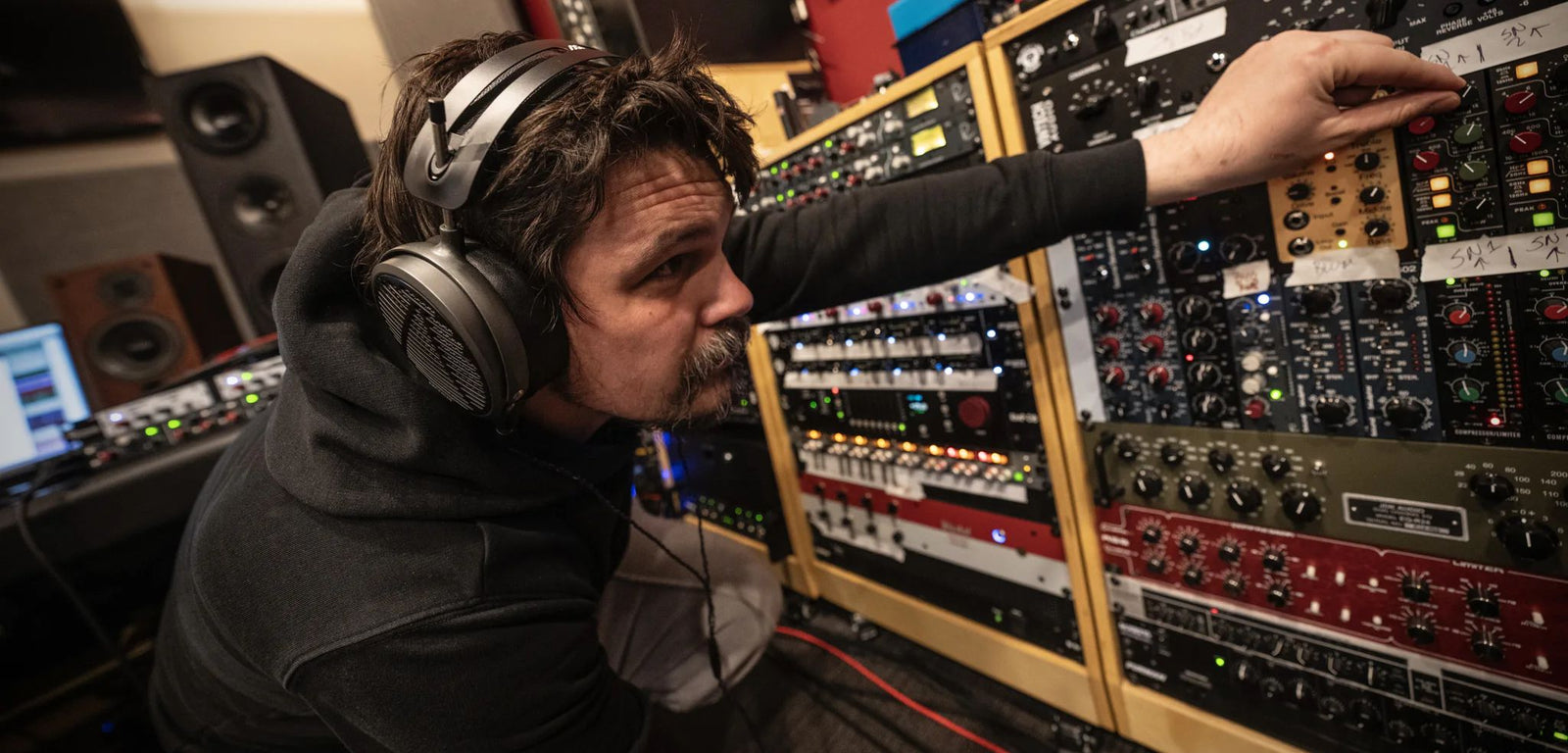
James 'Jimmy T' Meslin is a Grammy winning recording, mix, and live sound engineer based out of Long Island, NY. He's probably best known for his work with prog-metal giants Dream Theater and their affiliated projects.
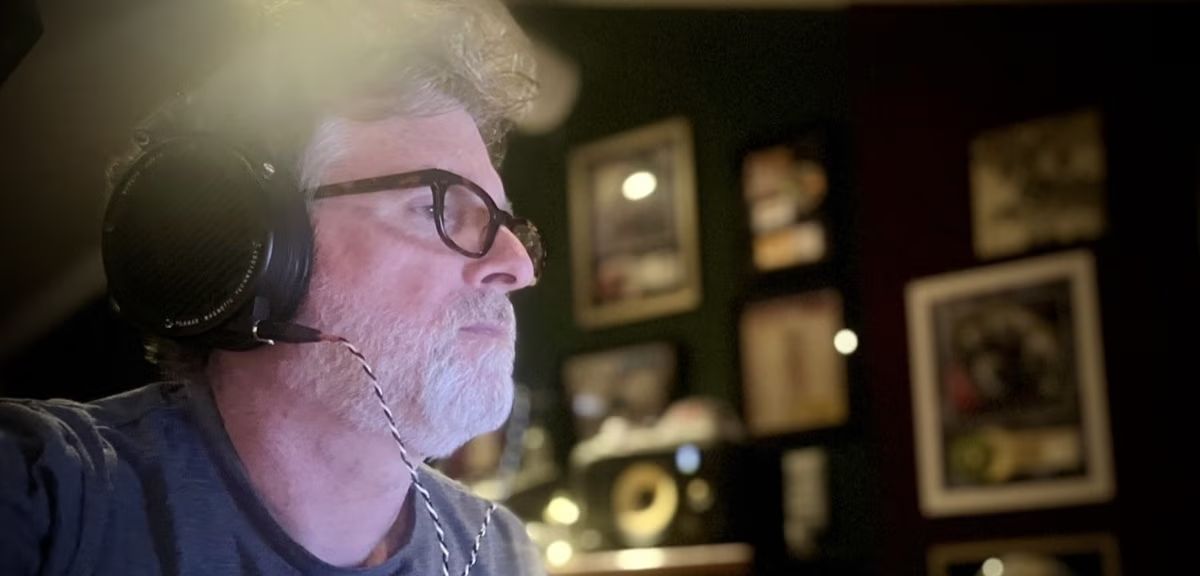
Dave Way has been mixing longer than he hasn’t. Platinum albums, No. 1 singles, 4 Grammys, 19 Billion streams with names like Michael Jackson, Fiona Apple, P!nk, Xtina Aguilera, Ringo Starr, Iron And Wine, Sheryl Crow, Marshmello, Fall Out Boy, Kesha, Macy Gray, TLC, Victoria Monet, Sons Of Anarchy, Tracy Chapman, Ben Folds, John Doe, MC5, Spice Girls, Weird Al, Paul McCartney, Bobby Brown, Mick Jagger and many, many more.
March 19, 2024
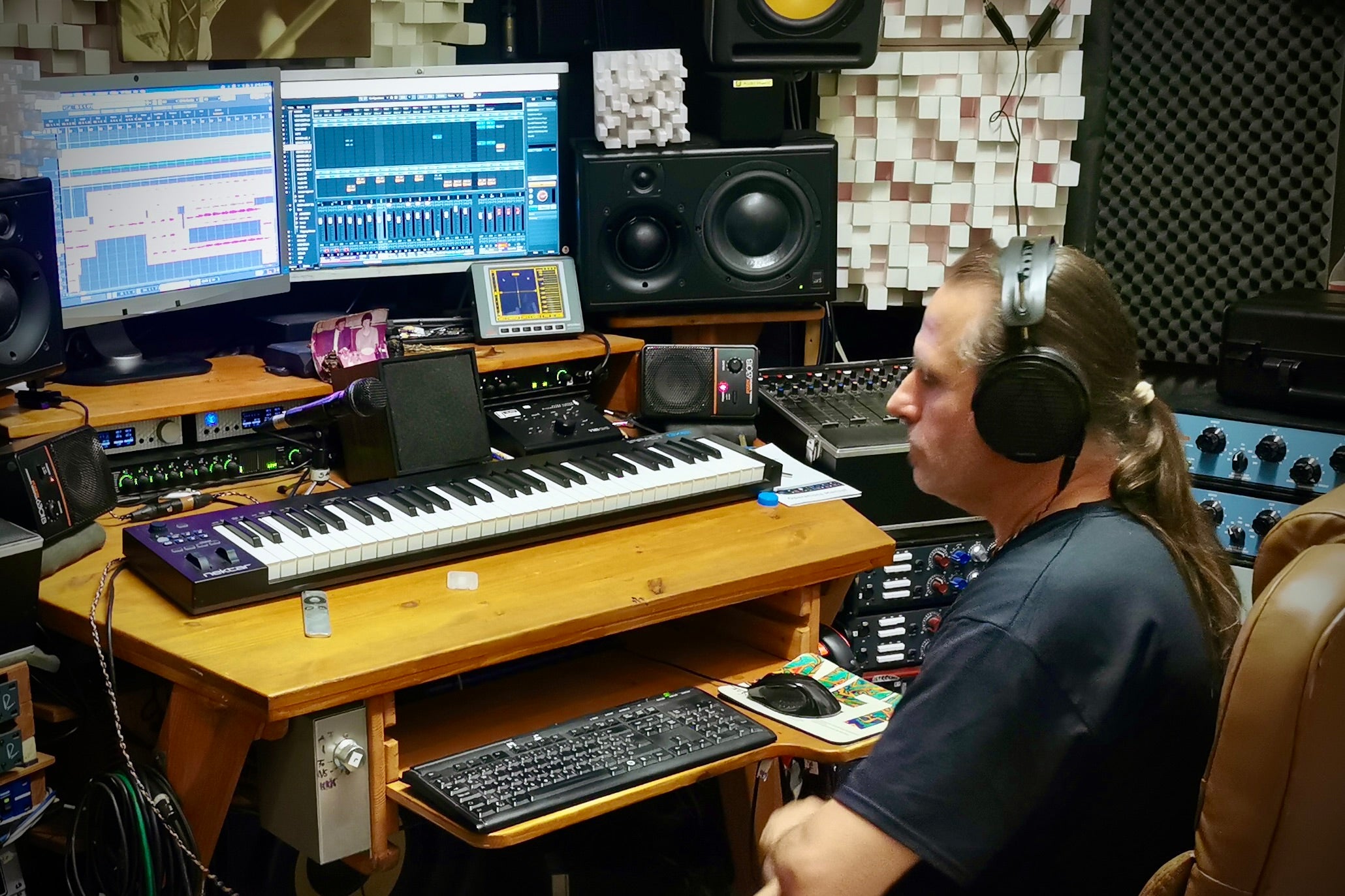
I am most proud of the albums for which I did all the work processes myself (recording, mixing, mastering, live mixing as well).
Cool Runnings Orchestra: Tribute to Marley (Hamid Drake, Mátyás Szandai, Viktor Tóth, Manu Codjia, Christophe Monniot, Carsten Daerr, Michael Schiefel)
Gábor Gadó Quartet with Dave Liebman: UNGRUND (Gábor Gadó, Dave Liebman, Matthieu Donarier, Sébastien Boisseau, Joe Quitzke)
As a company we recorded many concerts, and for all these recordings I did the audio processing. When I was young, I could not imagine that one day I would be working with such great, seemingly unattainable musicians.
Just a few names: Keith Emerson, John Lord, Ken Hansley, Nazareth, Colosseum, Poppa Chubby, Mat Shcofield, Glenn Hughes... Of course, it was also a great experience to mix live with great jazz masters: Al Jarreau, Pat Metheny, Jack DeJohnette, David Torn, Adrian Belew, Mat Schofield, Ian Siegal, Andrea Braido... so these are very big milestones in my audio engineering career.
Somehow it turned out that for the recordings of the artists who come to our studio, I perform the tasks of sound engineer, music director and producer in one person. Of course, there are purposeful musicians and composers with a serious concept, but they also often ask for our advice and opinion. In the good old days, these were three different professions.
I've always been a music freak. My mother played the violin, read sheet music very well (she almost became a conductor), and she also loved the Beatles. At the beginning of high school, rock music, of course: Black Sabbath, Led Zepp, AC/DC... Then, at the age of 16, Zappa, King Crimson, Hungarian Syrius, Polish SBB and jazz, jazz-rock (Miles Davis, Coltrane, Hancock ...). I was obsessively looking for new music, researching the limits of music, how far it could go. I am still interested in this topic to this day, I found a lot of experimental, noise avant-garde music. Bartók, Ligeti, Kurtág de David Torn, Supersilent, John Zorn, Fred Fifth...I still like them to this day, but in my twenties I got into a lot of folk, Indian music, and a lot of avant-garde (John Zorn, Bill Frisell, David Torn...) I've been playing guitar since I was 16, and one of our formations (Kada Ad Libitum) is still active today. When I was about 25 years old, I started working only with live sound, and after a few years I was already making recordings. My current bands have a significant role in my technical history (perhaps I can say in my development), because the best thing is to experiment and learn with your own material. That's how it is with me to this day. (E.g. vinyl release, vinyl mastering)
We constantly went to concerts and jazz festivals even during university. It's almost unbelievable who we saw live! These are all defining experiences: Miles Davis, Tony Williams, Sun Ra, Art Blakey, Dizzy Gillespie, Rory Galagher, Alvin Lee, Art Ensemble of Chicago, Oregon, Jan Garbarek, David Bowie... At the beginning I was listening “only” to music but later I started to watch the instruments, microphones, PA, mixer, monitors, technical and stage implementation.
There is always a current favorite. As I try to shop very carefully, my new devices usually become the current favourites. I also like old renovated and tuned devices. Now the Rupert Neve Design shelford channel is very much in all my projects. But my favorite is the UA 6176, the Millenia C1 compressor, and the WSW Siemens 811-301 pre-stage, which is considered one of the best in the world. Repaired and maintained tube Neumanns are also included in all my projects (km56 - I consider it the best overhead microphone, Um57). I think the Bruel 4006s and 4004s always play. I have never been disappointed with these devices, just like with my ATC (SCM25, SCM50) listening.
If the sound engineer has his own music project, he can experiment very effectively. If there is a recording we really like, it is worth examining how it was made - microphone technology, use of a pre-stage compressor, eq, etc. There are so many good recordings, the old timers have already tried everything, I don't think we should look for new, overly clever techniques. You have to choose the right one from the well-proven techniques. Digital recording is dominated by AD, DA and world clock. You should not skimp on this if you want to make serious recordings. It is important to have several good listening sessions. There must also be a system supplemented with a sub, because without it you can only judge the deep sounds with a lot of practice. Headphones are also very important, many people listen to music that way. Of course, when mixing, you have to listen to the material binaurally and with EQ correction. But we must not forget that most people will listen to our mix without these corrections. I think that's enough cleverness...
I've been using headphone listening since the beginning. Lately with linear phase EQ correction. I also use binaural mapping and room simulation. As I said before, I switch on these corrections like speakers, and I check my mixes and masters with at least two types of headphones.
I have an old but maintained 2" 16-channel tape machine (a Hungarian-made MECHLABOR STM700).I love working with this! A little time travel. No copy-paste, there is no withdrawal, but you can immediately hear the pleasant analog warmth (subtle double harmonic enrichment). Soundchecking is completely different because different instruments on tape require different recording levels. Depending on the recording levels, there are really radical changes here, and if you overdo it, there is no undoing! Decisions have to be made...
I was really looking forward to the arrival of the LCD-5. What happened was that I had to finish a deadline, but in the meantime I was in a foreign city, doing sound for a festival. Therefore, I had to install a complete system in my accommodation and work with headphones on a complex material. Of course, when I got home, I checked my work on the well-known ATC SCM25. When mixing with headphones, it is easy to make a bad mix... but now, the result was very good! Already while mixing (with LCD-5s), I noticed that the sound was very fast, exceptionally detailed, and it was fun to work with it! I also use the crossfeed and eq compensation plugin, but it still works well if I turn everything off. These are my first headphones of this type that are reliable even without compensation... In summary, I am very satisfied with the sound of the LCD-5 (details, transparency, transient transmission...) and the mixing results, a bonus is that it is very pleasant to work with.